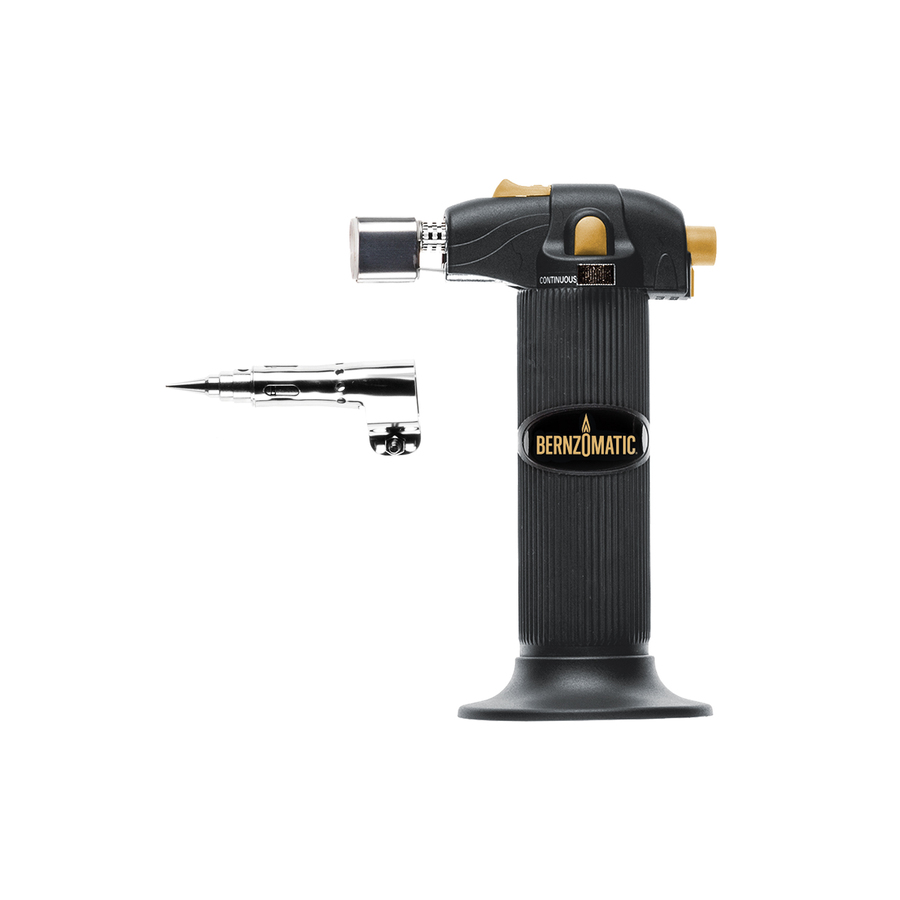Come one, I am NOT sold. "Super glues" are base catalyzed. It has been known since last century that some woods are acidic and some plastics are non-reactive by nature. They cannot be bonded by super glue easily. Dust them with baking soda, and they glue just fine. PE and PP plastic surfaces are very inert. There are lots of catalysts marketed for super glues on the market. I have a heptane solution of a catalyst, again from the 1900's that works with PE.
You can also activate the surface for PE and PP with a simple butane/propane torch. Just pass the plastic through the blue to clear portion (where there are lots of radicals -- not the political type) and the surface will be activated. Teflon is a bit harder to do, but I have also been doing that for a long time with a proper surface treatment (sodium dissolved in naphthalene + a secret solvent).
Now, for $3 and a one time use, I would probably go with LocTite too. It is a great corporation and Cleveland based, until it was bought by Henkel. This is just to bring a bit of reality to the "amazing" advertisement.
John


